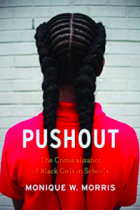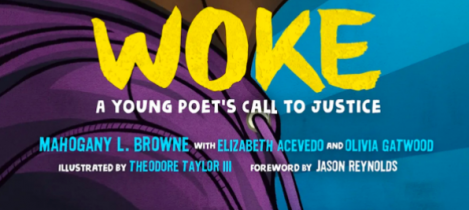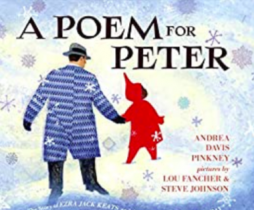As teachers of literature, we are always asked to focus on the "how" and "why" questions. However, I noticed today while I was letting steam come out of my ears during my afterschool club, that sometimes "how" and "why" are really not the critical questions we should be asking. Mondays are the days of speeches and forgotten notecards. And every time a student forgets their notecards, I always aske the following questions..
"Why did you forget your notecards?"
"How did you forget your notecards again?"
"Why is it that your notecards are not in your backpack?"
And funny enough, after the third person forgot their notecards this week, instead of getting angry, I finally resorted to "what" questions and man did it make a difference. "What can I do to help you remember those notecards?" "What place would you like to keep your notecards so you do not lose them?" "What else can I do for you that may help you remember." "What is preventing your from remembering you notecards?"
If anyone ever makes fun of you for only asking the "what" questions. You can simply tell them, "Sometimes the levels of complexity needed are much more productive with the what questions than those "how" and "why" questions. Because out of those what questions I learned that, "I just cannot remember Mrs. Amoscato." "I do know where they are actually." "I think it may be best if you just keep a set at school." See there is whimsy in complexity. But there is also whimsy in simplicity. And sometimes it is the simplicity and only the simplicity that can lead to the complexity you are looking for. Think about that the next time you are trying to figure out cyclical patterns of forgettfullness. And then realize that everyone forgets. And remind yourself the last time you forgot a computer charger or the test you were supposed to grade or the homework folder. Realize there is whimsy in forgettfulness. Because it demands simplicity.










